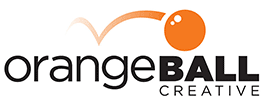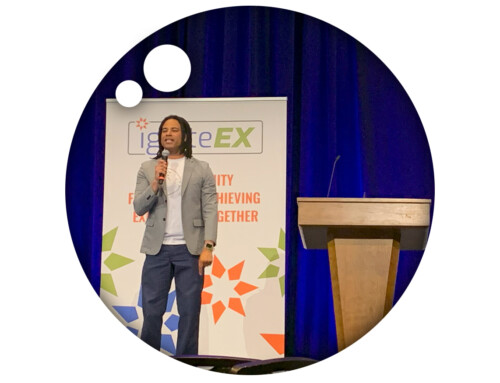
Ask to Listen
If you’ve gotten into any conversations with us about our core values, you’ve heard us talk about this one: Ask to Listen. This concept is one of the most important things we do to cultivate great relationships with our clients.
First, if you’ve spent much time with us, you know we’re naturally curious, and we ask a ton of questions. Asking is the catalyst for good listening. Asking forces me to focus on you, not myself, and asking opens doors. We get the right answers when we ask the right questions, and asking allows us to go deeper into our conversations and create more understanding. Understanding builds relationships, and relationships create commitment.
That’s the Ask part, but it’s only the first half of this core value.
The second half involves listening. Far too often, we ask great questions, but we fail to listen because we’re so focused on what WE have to say and being heard rather than hearing what the other person is telling us. We end up missing valuable insights because instead of really paying attention, we’re thinking about ourselves. That’s why they call it “paying attention.” We’re “paying” the other person with one of the most valuable things we have, our attention.
Let’s be frank. We all love to be heard. There is a moment that occurs when you realize someone is listening to you when you feel important and valued. It’s something we all enjoy. So here’s the deal. If you know you appreciate that feeling, how much more do you think your clients, co-workers, family, and friends enjoy it?
Listening is the key to building relationships, both professionally and personally. Effective communication hinges on our ability to listen, and our ability to truly hear the people around us is a skill that can be grown.
We believe that “Ask to Listen” is a two-part formula for real communication. It’s a formula that focuses on understanding first, and strategies second. It’s a concept that drove the development of our Brand Bounce Bootcamp, designed to help clients ask themselves the right questions about their brands and messages. Rather than leading conversations with our own answers and wisdom, our position is that if we don’t understand you, we can’t advise you. By asking the right questions to start the process, and then actively listening, we create environments where we can serve you better.



